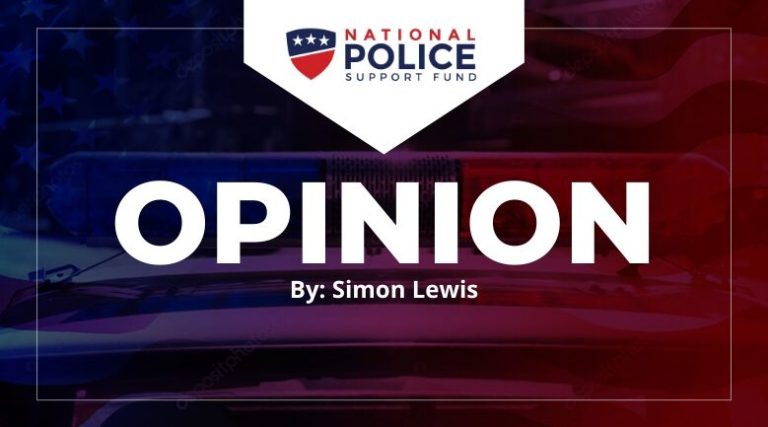Every time you turn on the news, there is a report of someone arrested for vehicular manslaughter, domestic abuse, or worse- murder. At times, what the media doesn’t report is that the person being arrested has had a history of being convicted on previous offenses.
The revolving door problem is rooted from judges who do not act to use criminal sentencing as a deterrent against an offender even on misdemeanor offenses. This is a problem not only relegated to the biggest cities in the United States. This is a problem that is happening everywhere across the country. From Great Falls, Montana to Omaha, Nebraska, the revolving door sentencing model is getting out of control.
On April 5th in Des Moines, Iowa, Jason Sassman was charged with first degree murder in a hit and run accident that killed a 38 year old college professor. Sassman had five previous convictions since 2007 for burglary, assault, and drug crimes. On February 15th in Janesville, Wisconsin,Marcus Randle El was arrested in the double murder of two women. Randle El, a former football player for the Wisconsin Badgers, had a lot of legal run-ins dating back to his days as a student-athlete. California, which recently got rid of cash bail, has had an even worse case situation of the revolving door. Eric Simmons, charged with beating his wife, was released from jail four times in six weeks due to the no cash bail policy. Simmons has been arrested 19 times since 1998, which highlights this pervasive problem.
These three examples show the failure of judges not using the deterrent elements of criminal sentencing as an early intervention. The lack of early intervention grants opportunities for offenders to commit more serious offenses. The issue of revolving door sentencing is not a new problem, but one that has dated back many years. A 1988 campaign television ad by George H,.W. Bush accused his challenger Michael Dukakis of allowing a revolving door sentencing program while Governor of Massachusetts.
The revolving door can end, but it takes accountability from both Congress and the state legislatures to make these changes to give judges the tools to impose tougher sentences. If the judges do not want to impose tougher penalties, then citizens should aim to hold judges accountable through popular vote or by urging their commission members to make such changes.
One of the biggest events every year during National Police week is the honoring of officers who have lost their lives in the line of duty. Perhaps more than ever, police work in the United States is a thankless job, and the deaths of police in the line of duty need our full attention in these trying times. Read more here.








